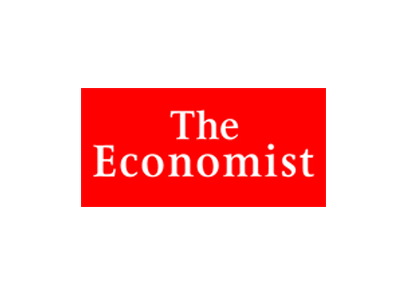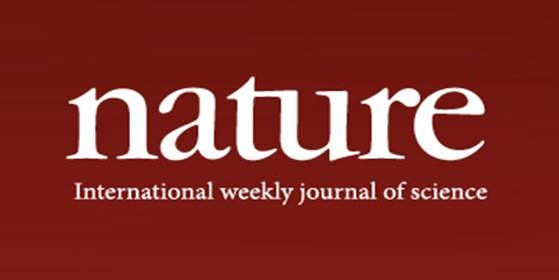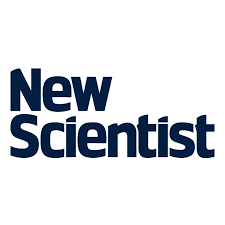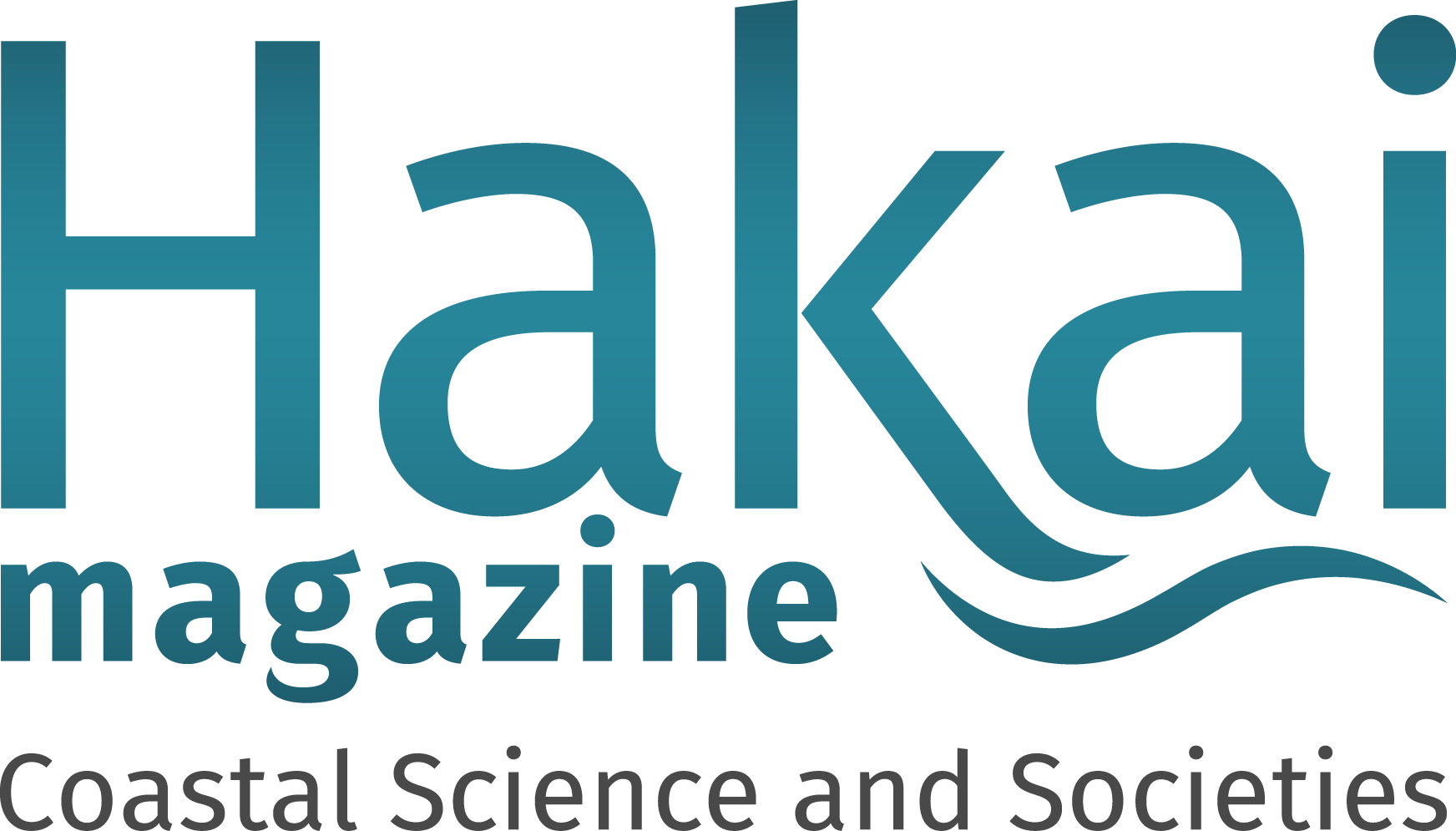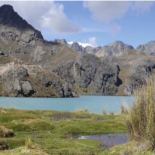
Nature · Climate Change Slow Water Water
Smarter Ways with Water
To address an onslaught of crises, people must tune into natural ways to repair water cycles that human development has severely disrupted

KQED ·
Solution for California’s Drought Problems Lies Below Us
Right under the Central Valley, there are vast ancient river beds cut by glaciers thousands of years ago. Erica Gies wrote about these ancient paleo valleys for Bay Nature magazine.

Terra Verde / KPFA · Adaptation Climate Change Slow Water Water
What Water Wants
As floods and droughts intensify across the world, our dams, levees, sea walls, and reservoirs are actually making things worse. How can we build a healthier relationship with water? Earth Island Journal editor and Terra Verde host, Maureen Nandini Mitra, talks with Erica to find out.
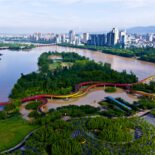
NPR · Adaptation Slow Water Water
Cities Are Turning Flood Water Into Freshwater
As a guest on NPR’s “Science Friday,” Erica talks about sponge cities in China and the ways in which several cities around the world are adapting to be more resilient, as climate change begins to have a major effect on water systems.
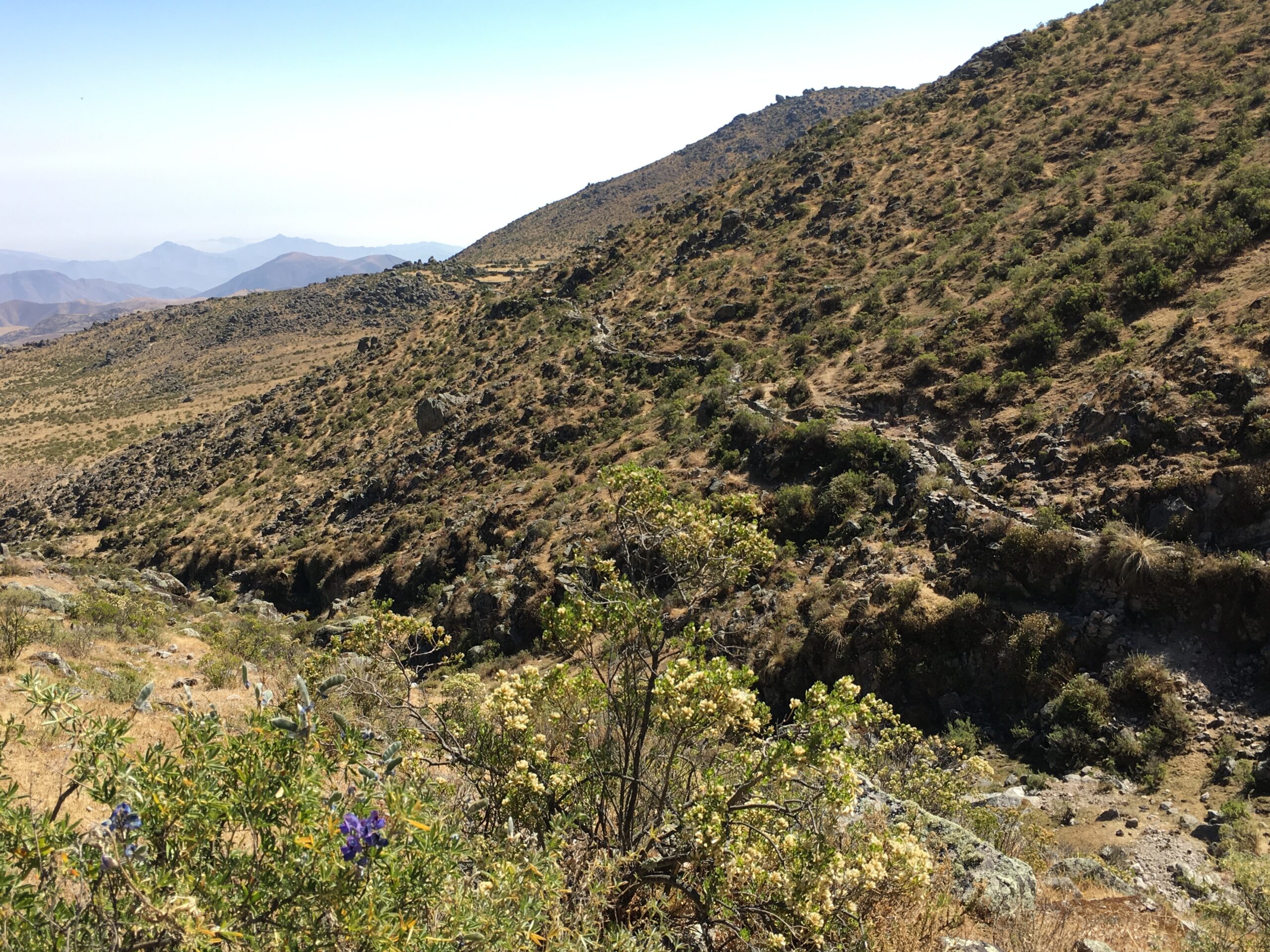
Top of Mind with Julie Rose · Climate Change Slow Water Water
Slow Water in Peru
As drought grips Peru, its people are turning to nature, and ancient pre-Incan techniques to conserve water for the dry season that’s grown increasingly intense due to climate change. Erica discusses this world-leading program with Top of Mind host Julie Rose.

Sustain What? · Climate Change Slow Water Water
After Ida – Paths to Flash Flood Safety
What can be done to better warn and prepare communities everywhere for flash flooding, an intensifying threat in a human-heated climate? Erica joins a conversation on Andy Revkin’s Sustain What Live following the September 2021 flooding in New York City.

The Guardian · Groundwater Water
As the Water Crisis Deepens, California Finally Passes Groundwater Regulation
California, the only western U.S. state without groundwater regulation, appears poised to change that. But farmers argue regulation would infringe on their property rights.

The Guardian · Adaptation Climate Change
10 Riskiest Places to Buy Your Seaside Dream Home
As sea levels rise, real estate investments in these seaside metropolises could amount to throwing money into the sea
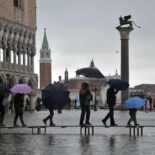
The Business Cost of Climate Change: What the Science Says
Massive loss from extreme weather in recent years abound, and new research indicates climate risks aren’t leaving any time soon.
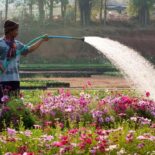
The Guardian · Adaptation Climate Change Water
12 Ways Communities Will Have to Adapt to Handle Climate Change
Whatever your water crisis, whether drought or flood, these DIY solutions will help you adjust to climate change’s new reality.
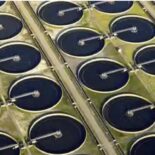
The Guardian · Pollution Water
Value from Sewage? A New Technology Cleans Up Waste Water
Clean water startup Ostara has built a new sewage treatment technology that reduces water pollution and saves money
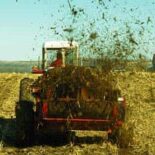
The Guardian · Pollution Water
Water Tech Startup Aims to Green Manure at Factory Farms
Manure from livestock farms can be environmentally damaging. A new treatment system could clean up its impact, but will that just hide deeper problems in an unsustainable industry?
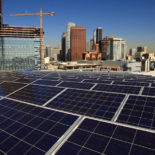
Inside Climate News · Energy Renewable Energy
Clean Energy Soared in the U.S. in 2017 Due to Economics, Policy and Technology
President Trump rolled out the antiquated arguments about why clean energy was too expensive and a threat to the grid. But markets and policies mostly ignored him.
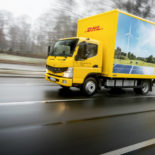
Inside Climate News · Energy Renewable Energy
Electric Trucks Begin Reporting for Duty, Quietly and Without All the Fumes
Replacing fleets of medium- and heavy-duty trucks can help cut greenhouse gas emissions and make cities quieter and cleaner.
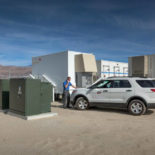
Inside Climate News · Energy Renewable Energy
Microgrids Keep These Cities Running When the Power Goes Out
These energy islands are keeping electricity flowing in emergencies and helping integrate wind and solar. They’re keystones to a modern electric grid.

Inside Climate News · Energy Renewable Energy
Californians Are Keeping Dirty Energy Off the Grid via Text Message
When power demand rises, OhmConnect sends out a text to customers: cut your energy use and you’ll earn money. It’s keeping demand spikes under control.
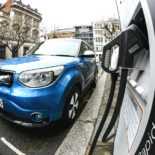
Inside Climate News · Energy Renewable Energy
Are Electric Vehicles Pushing Oil Demand Over a Cliff?
With China now planning to phase out gas-powered cars, automakers are talking about an all-electric future. It could mean a big drop in emissions.
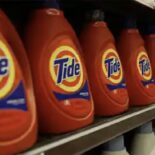
The Guardian · Pollution Water
Procter & Gamble Touts ‘Win-Win’ of Cutting Phosphates in All Laundry Soaps
Global waterways, especially in developing countries, are set to benefit as the Tide manufacturer aims to cut phosphates from all its laundry soaps within two years.
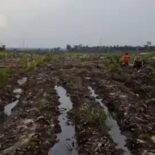
Greenpeace Report on P&G’s Palm Oil Sources Could Spur Industry Change
By calling out the consumer goods giant on its sourcing practices, the campaign group hopes that other corporations will start to clean up their supply chains.

Mom and Pop Forests Struggle to Make Sustainable Harvesting Pay
For family foresters, managing a wood lot means striking a balance between a living legacy and a complex business.










